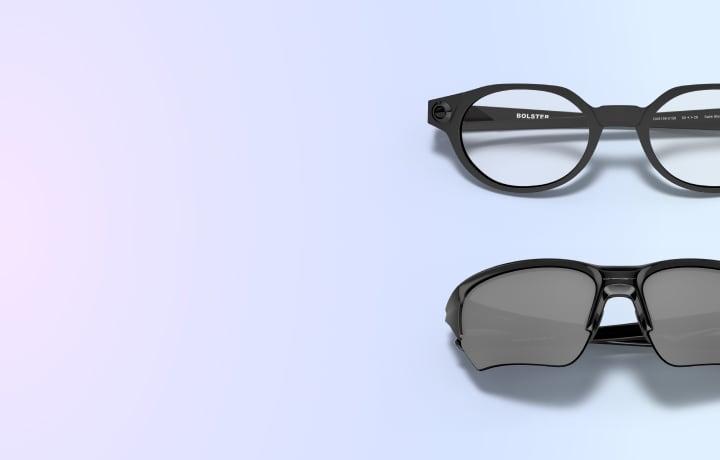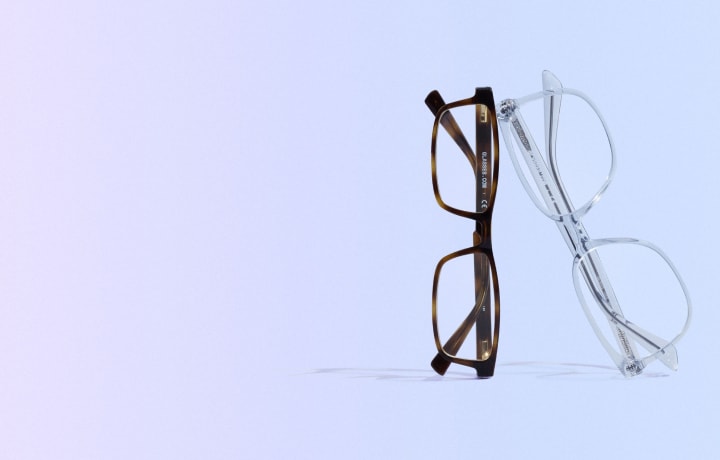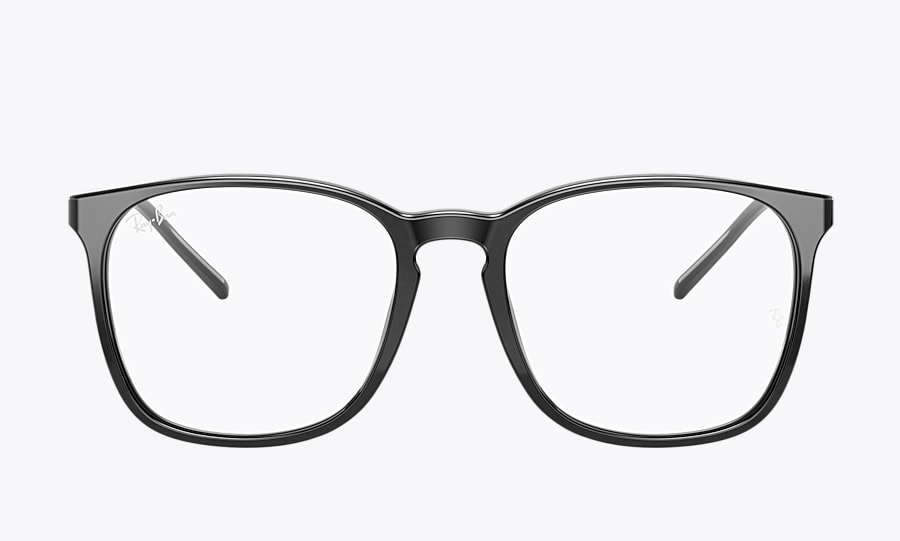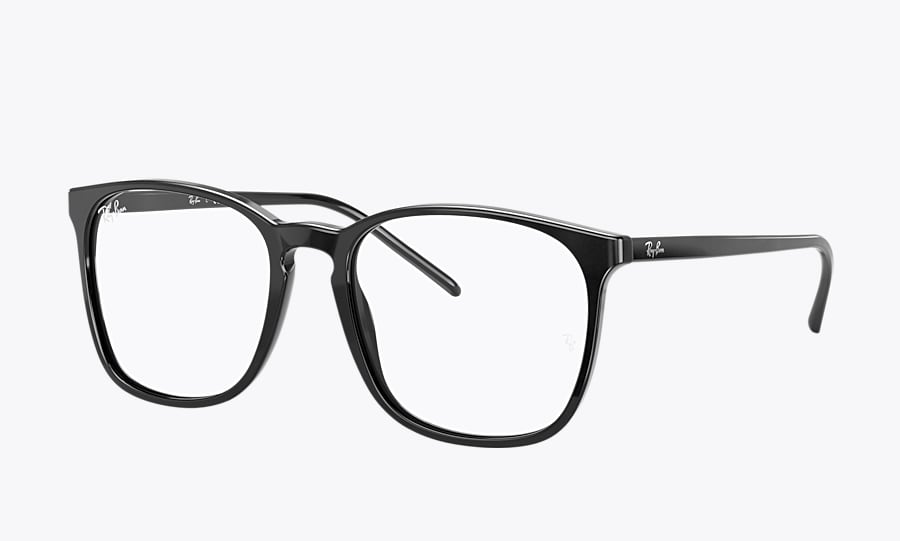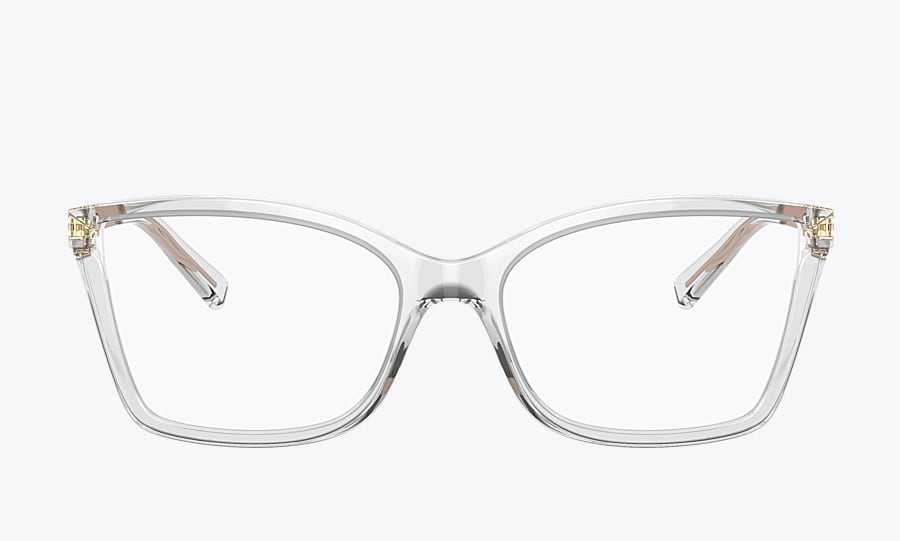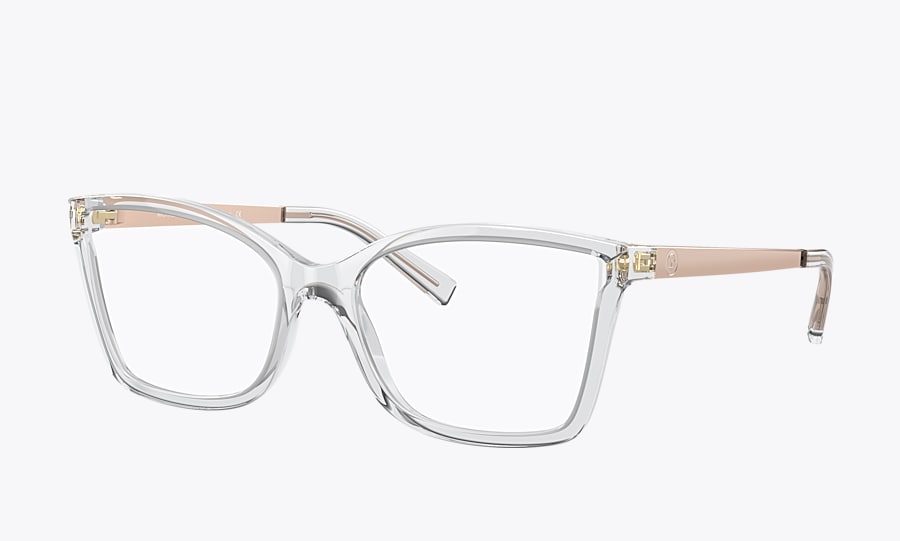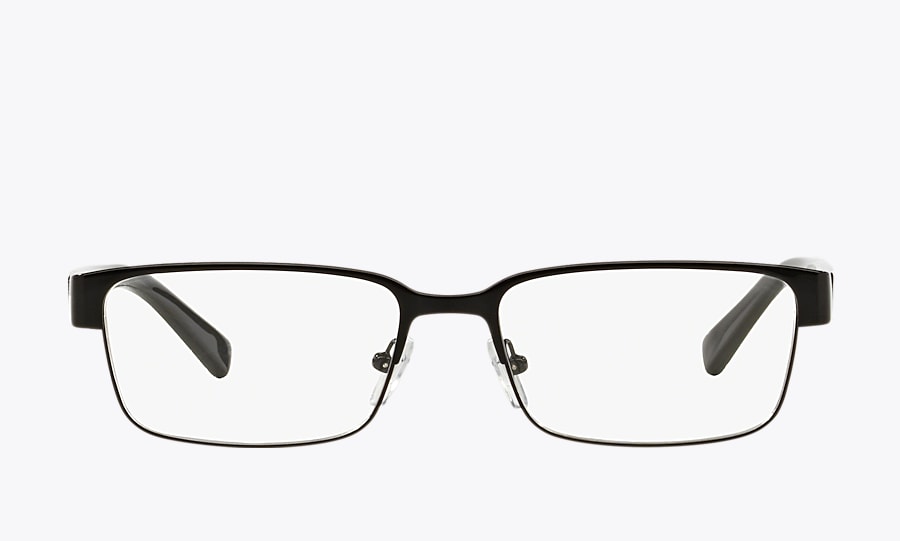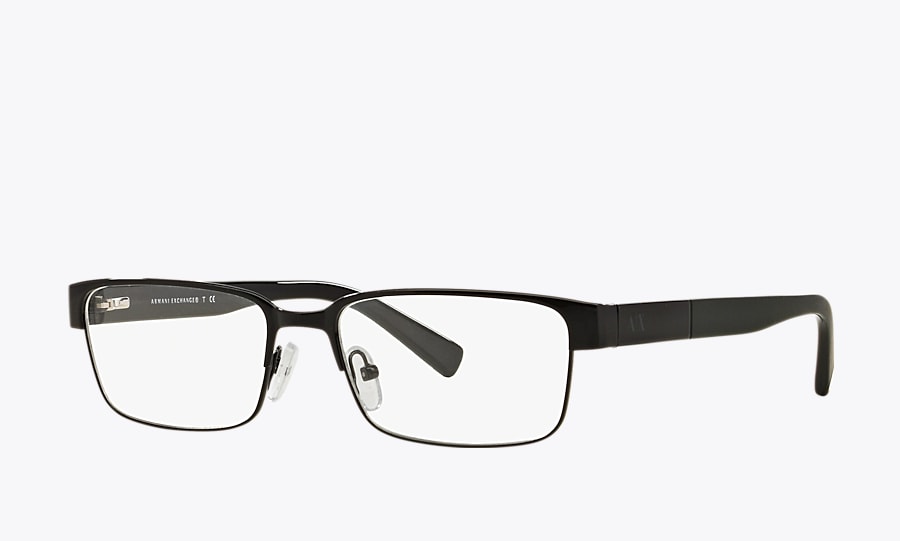
In the United States, more than 150 million people have refractive eye disorders such as myopia (short-sightedness), hyperopia (farsightedness), and astigmatism.
So, is it possible to learn how to improve your vision?
There is no way to improve the conditions above other than surgery, glasses, or contact lenses. But you can learn how to strengthen your eyesight to prevent degenerative disorders like presbyopia by practicing good habits.
Can vision improve?
Can you improve your vision if you have a refractive error? Yes! If your vision is less-than-perfect, you have several options to help correct it, from glasses and contacts to corrective surgery. You should schedule an appointment with an eye doctor to understand what the best option is for you.
Improve eyesight when you have glasses
For many people, wearing contacts or glasses is necessary. For others, reading glasses suffice for reading, of course, or other close-up work.
Glasses or contact lenses correct vision by allowing the eye to focus light in the right spot on the retina, creating a clear image. Your actual vision does not improve when the glasses or lenses are off.
So, do you wear glasses all day, every day, or do your eyes need a rest?
A decent rule of thumb is to wear your glasses throughout the day for refractive errors. You probably won't need them all day long if you only need them for close-up work, reading, or driving.
Ways to get better eyesight naturally at home
There is no natural way to correct myopia, hyperopia, astigmatism, presbyopia, or any other refractive condition. The only way to correct your refractive error is through surgery, glasses, or contact lenses, all of which are effective treatments.
Healthy habits your eyesight
Want to know how to make your eyes better? Start taking care of them! One of the ways you can enhance your vision and avoid accidents or illnesses that could impair it is by getting routine eye exams.
Eat right
Another way to maintain your vision is to make sure that you are giving your eyes the nutrients they need to stay healthy. You’ve heard the old saying, carrots are good for your eyes. Carrots contain lutein, an antioxidant in addition to beta-carotene. Plus, antioxidants found in zinc, vitamins A, C, and E, aid in preventing macular degeneration that comes with aging. These vital nutrients can be found in a range of fruits and vegetables, including:
- Red peppers
- Carrots
- Broccoli
- Spinach
- Strawberries
- Citrus fruits
- Sweet potatoes
Salmon and flaxseed are foods high in omega-3 fatty acids, which are great for maintaining eye health. If you can't fit these foods into your diet, there are plenty of supplements that you can take for your eyes.
Exercise
Getting sufficient exercise is also important for maintaining good eye health. Your eyes benefit from exercise and keeping a healthy weight. The microscopic blood arteries in the eyes can become damaged by type 2 diabetes, which is more common in overweight or obese people. Check these exercises for improving vision.
Stop smoking
Quitting smoking is also a great way to invest in your overall health. Smoking harms your lungs, heart, teeth, skin, and nearly every other aspect of your body. This also applies to your eyes. Your chance of developing cataracts and age-related macular degeneration is significantly increased by smoking.
Wear protective eyewear
Finally, wear protective eyewear when doing work or activities where your eyes can be at risk of injury. This includes wearing sunglasses and protecting your eyes from UV radiation!
How to fix eyesight
There are several different treatment options available to correct your vision. Most people turn to glasses or contacts for clarity of vision. Your eye doctor may suggest corrective eye surgery if you are not comfortable wearing glasses or contacts or if your refractive error is extreme. Laser-assisted in situ keratomileuses (LASIK) alters the shape of the cornea (the clear tissue at the front of your eye) so that light rays strike the retina directly. This laser surgery has been used to correct nearsightedness, farsightedness, and astigmatism with a high success rate.
Consult your doctor to decide which treatment is most suitable for you.









